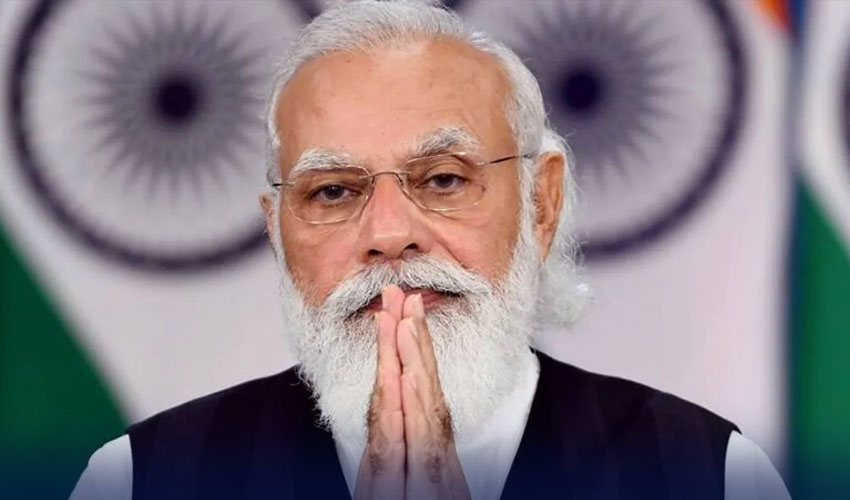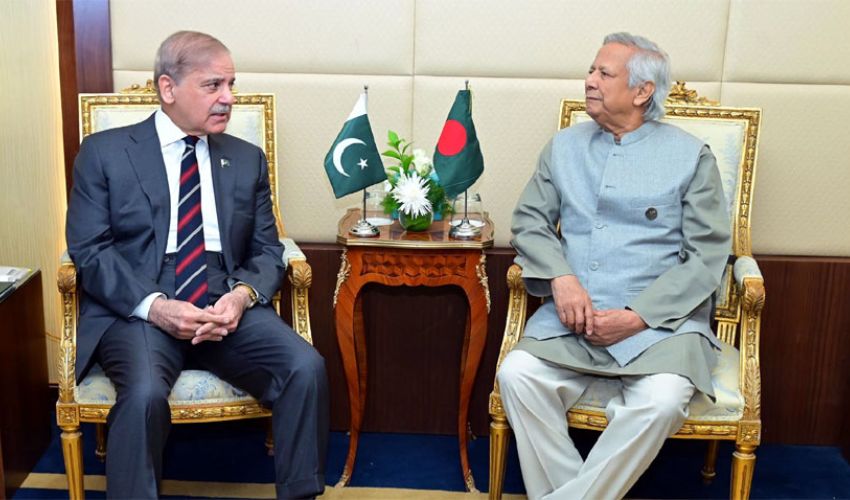India's Modi government is under scrutiny once again for its treatment of minorities in Occupied Kashmir, particularly the Muslim community. The government's recent announcement regarding eligibility for government jobs has sparked outrage and accusations of discrimination.
Home Minister Amit Shah's statement, indicating that family members of stone pelters and militants would be excluded from government employment, has ignited controversy. Critics argue that this move unfairly targets Kashmiri Muslims who are fighting for freedom against what they view as illegal Indian occupation.
The situation in Occupied Kashmir has been tense for decades, with India's control over the region drawing condemnation from various quarters. Since the abrogation of Article 370 in 2019, there have been concerns about attempts to alter the demographic balance in the region.
Statistics reveal a grim reality: over 100,000 Kashmiris have lost their lives since 1989, with thousands more detained and families shattered by loss. The recent government directive, which potentially disqualifies 40% of Kashmiri Muslims from government jobs, has only added to the sense of injustice.
Critics argue that this move is not just political but also represents a systemic effort to marginalize Kashmiri Muslims. Reports indicate that a significant number of qualified candidates from the community have been denied employment opportunities in recent years, exacerbating feelings of discrimination and exclusion.
The Modi government's policies in Occupied Kashmir have drawn international condemnation, with calls for urgent action to address the situation. Many fear that a victory for Modi in the upcoming elections would only embolden the government's Hindutva ideology, further marginalizing Muslim communities across India.
As tensions continue to simmer, there is a pressing need for a concerted international response to ensure the rights and dignity of all individuals in Occupied Kashmir are respected.



























